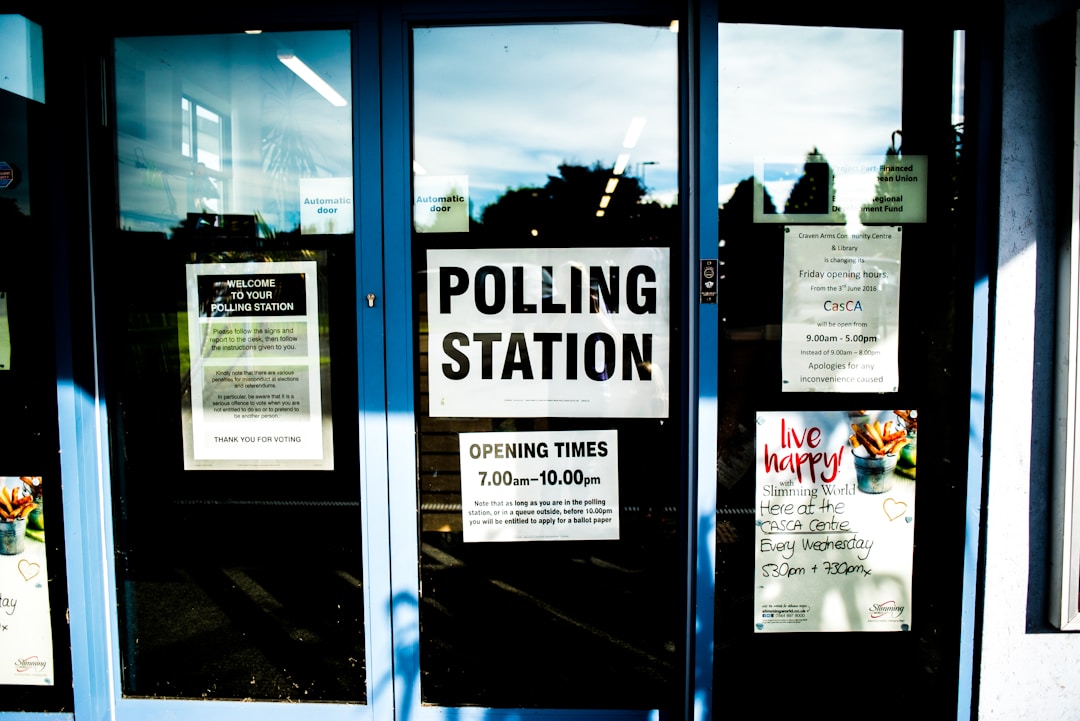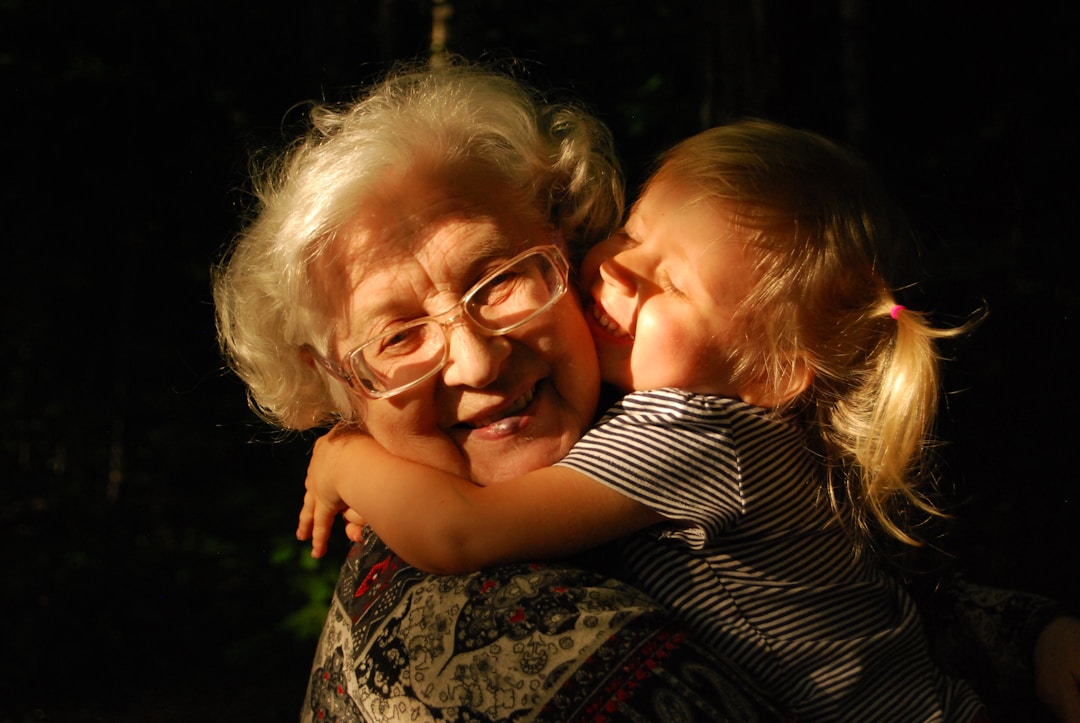Some facts
Some arguments
Women and the low-paid are more affected by low-quality work
Work-life balance, health and wellbeing, job security and the rising cost of living are key concerns for workers across various sectors. Around one in four workers say that their work negatively affects their mental health (and a similar proportion say the same about their physical health). The pandemic has had a particular impact on work–life balance for women. Low earners are more likely to have too few options to quit despite wanting to, but also feel that they are more likely to lose their jobs than other workers (in part because they have weaker bargaining power as employees).
High childcare costs exacerbate both poverty and gender inequality
Childcare represents 7% of household income among families paying for it, but for the poorest 20% of families, it represents 17% of household income. Among this group, one in three families using childcare are spending more than 20% of their income on childcare (which means they are defined as being in childcare poverty). Many families are unable to afford childcare at all, which often means that family incomes are reduced from being unable to work as many hours, which affects women in particular.

We don’t live in a meritocracy where everyone deserves their lot in life
Whether you define merit in terms of talent, effort, or contribution, there is little discernible link between merit and reward. Instead, the structure of the labour market channels disproportionate rewards to particular professions, while failing to adequately reward other forms of work. As a result, many people doing critical work, including but not limited to key workers, are underpaid, while millions of people, most of them women, carry out crucial care work for no money at all. Even if we were able to construct a perfect meritocracy where no one was disadvantaged by the impact of their circumstances at birth on their wealth, education and so on, the system would still not be fair because of the impact of luck (in terms of the genetic lottery of talents and skills, how much our talents and skills are valued and remunerated, and the fact that unequal outcomes in one generation produce unequal opportunities in the next, leading inescapably to a hierarchical society defined by hubris for those at the top and humiliation for those at the bottom).
Many people are paid less than others because of who they are
Ethnic minority workers earn on average 2% less than similarly qualified white employees, although after controlling for differences like age and education, the gap is about 10%. The gap can’t simply be explained by ethnic minority workers being employed by firms that pay lower wages, because this pay gap also exists within organisations. The only apparent explanation for this gap is that ethnic minority workers are being treated and paid unfairly. [Another report found that the ethnicity pay gap has not changed much in 25 years, and that for black, Pakistani and Bangladeshi men and women, pay gaps with white men and women have widened. The government has recently backtracked on an earlier promise to require large companies to report on their ethnicity pay gap. There are also significant pay gaps for women and disabled people (statistics). Pay gaps are usually reported on in terms of hourly pay, which is a simpler way of assessing fairness in terms of reward for effort, but in structural terms it is more illuminating to compare weekly pay, which takes into account differences in individuals’ or groups’ ability to work and the availability of work; gaps in terms of weekly pay are generally much higher than gaps in terms of hourly pay.]

Women of colour are locked out of reaching their potential
Institutional racism is common in all sectors and organisations. A majority of women of colour have been forced to change some aspect of their appearance or language to conform, and have experienced discrimination during the recruitment process. Large minorities have experienced lack of progression or promotion compared to colleagues, and have had their wellbeing impacted as a result. These issues affect women of colour at every stage in their careers.
Participation and representation is affected by socio-economic status
Politics is dominated by people with more education and social and economic capital. As a result, it is not genuinely representative of everyone in Britain, and it is particularly unrepresentative of people with fewer economic resources and lower social status, as well as in terms of gender, ethnicity, disability and so on. There is also plenty of evidence that democratic participation (such as voting rates in general elections) is lower among more disadvantaged groups and in more unequal societies, although it is hard to tease out the extent to which this is reflective of a lack of ‘equal consideration’, i.e. the denial of fair opportunities for certain groups to participate in the democratic process.


















